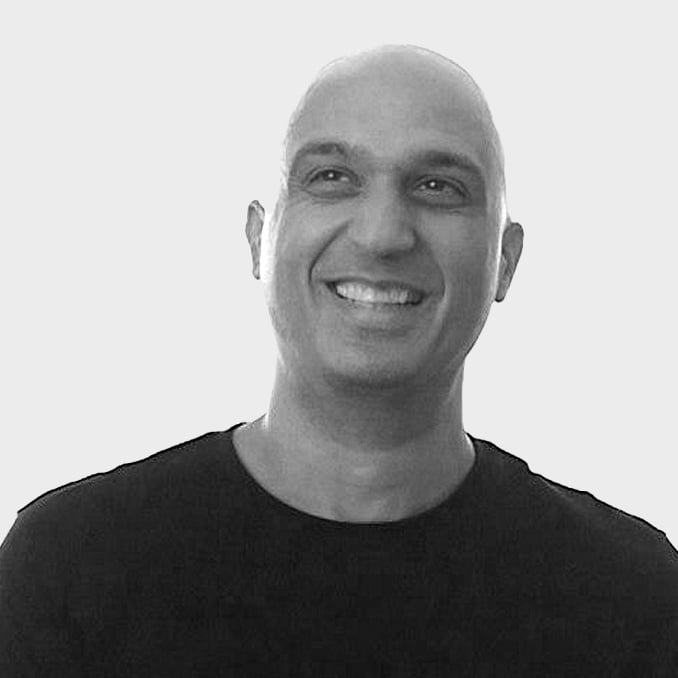Huge forces are at play in higher education these days that are driving changes faster than at anytime before. The most obvious and striking change in education is the cost, which has more than doubled in the past 30 years when adjusted for inflation. The result is over $1 trillion in student debt which combined with a moribund jobs market is driving up default rates.
Enter online education. Over the past year or two, the major players in the online education space (Coursera, edX, Khan Academy and edX) have taught hundreds of courses to nearly 7 million students at costs ranging from a couple hundred bucks to free. Once set up, the marginal cost of delivery for online courses is nearly zero which is a big contrast to the 4-star hotel feel of many campuses these days.
Contrary to popular hype, however, online education isn't going to replace traditional universities and colleges. Instead, we believe it's going to accelerate change in three key areas:
- Unbundling. Like a gallon is to milk, the main quantity of higher education we can buy today is a "baccalaureate." It takes 4 years no matter if you're studying chemistry, literature, engineering or French. It includes room, board, course content, mentoring, camaraderie, et al and it's remained basically an unchanged bundle for decades if not longer. We see unbundling in the future and we're not alone. Soon you will be able to get course content (maybe for free) from the best professors in the world. No need to pay for giant lecture halls. Topics and courses will have certificates so a student can choose to study for, say, just 1 year and start working. There will be a proliferation of "degrees" and certificates that will be accompanied by proficiency metrics. All of this will make the buying process more complicated (just go stand in the cereal isle in a grocery store to get a preview) but students and parents will eventually make the leap when confronted with buying a $10,000 certificate from Stanford versus a $100,000 degree from Acme State College.
- Blended Delivery. It is reminiscent of the "dot-com vs. brick and mortar" battles from the 90's which turned out wasn't an either-or battle, but rather a process of figuring out the right blend. The same is for education. All education, especially higher education will be delivered partly online and partly in-person. Schools will be able to deliver a better product and do it at a lower cost.
- Lifelong Learning. When you complete your degree at a school today, you are summarily removed from the system and dumped over to "alumni relations." Typically you don't hear from from the school for 5 or 10 years until the requests for donations begin to come in. Many schools offer executive education courses but have these separate from the "core" student population. This will blur. Instead of a business school offering a 2-year MBA and then that's it, we expect to see "life long subscriptions" to learning. There will be a "core" on campus delivery of education (with a strong online component) followed by virtual courses as the students re-enter the work force. Classes on "the first 180 days" will be followed by functional refreshers when needed and mid-career tune-ups or job change revamps. Reunions will turn into mini camps that combine learning, entertainment and engagement.
Institutions of higher education will need to change dramatically to adapt to these new forces. It will require changes to their business model, changes to the cost structure and changes to the skill sets required for excellence in delivery.



